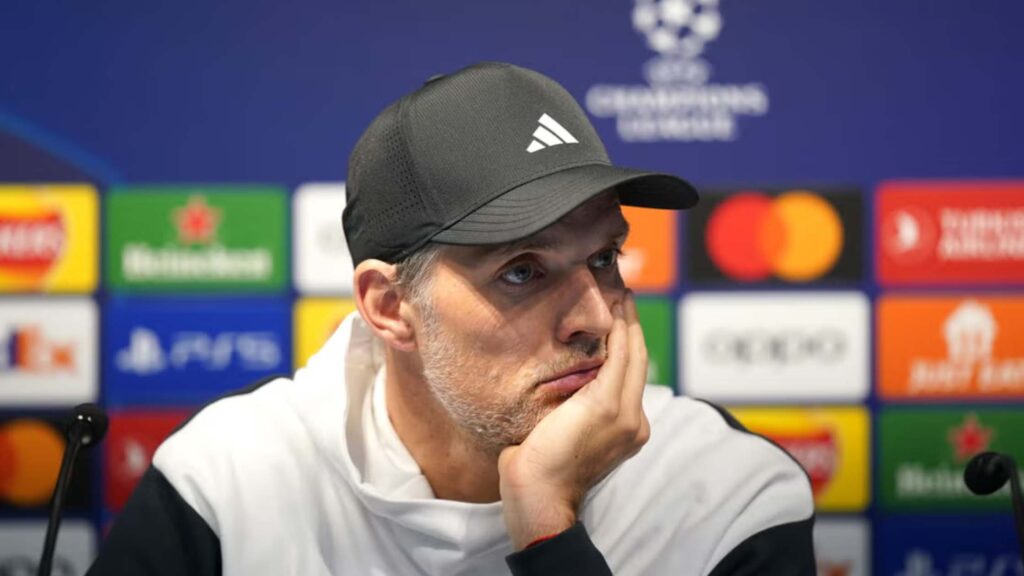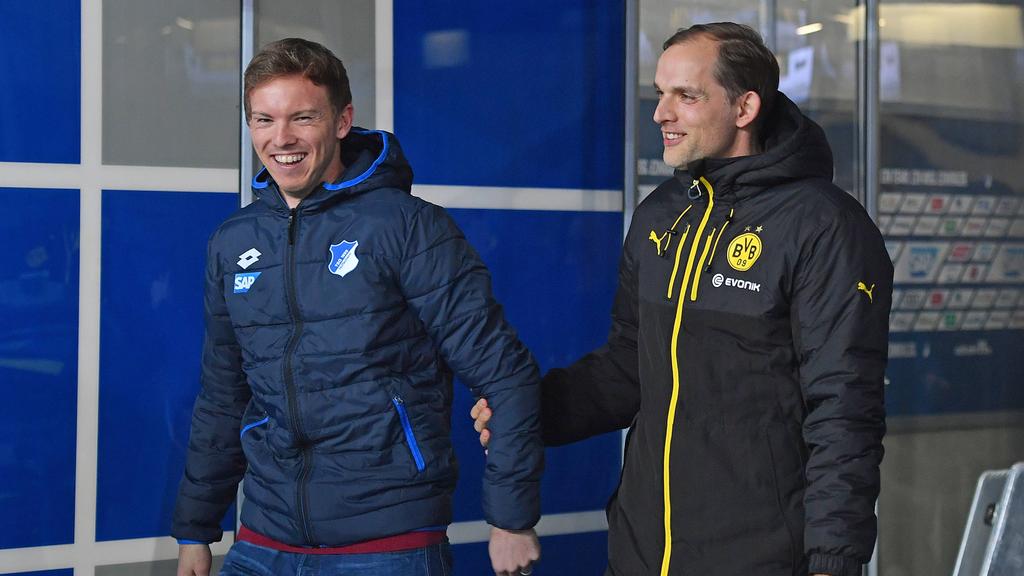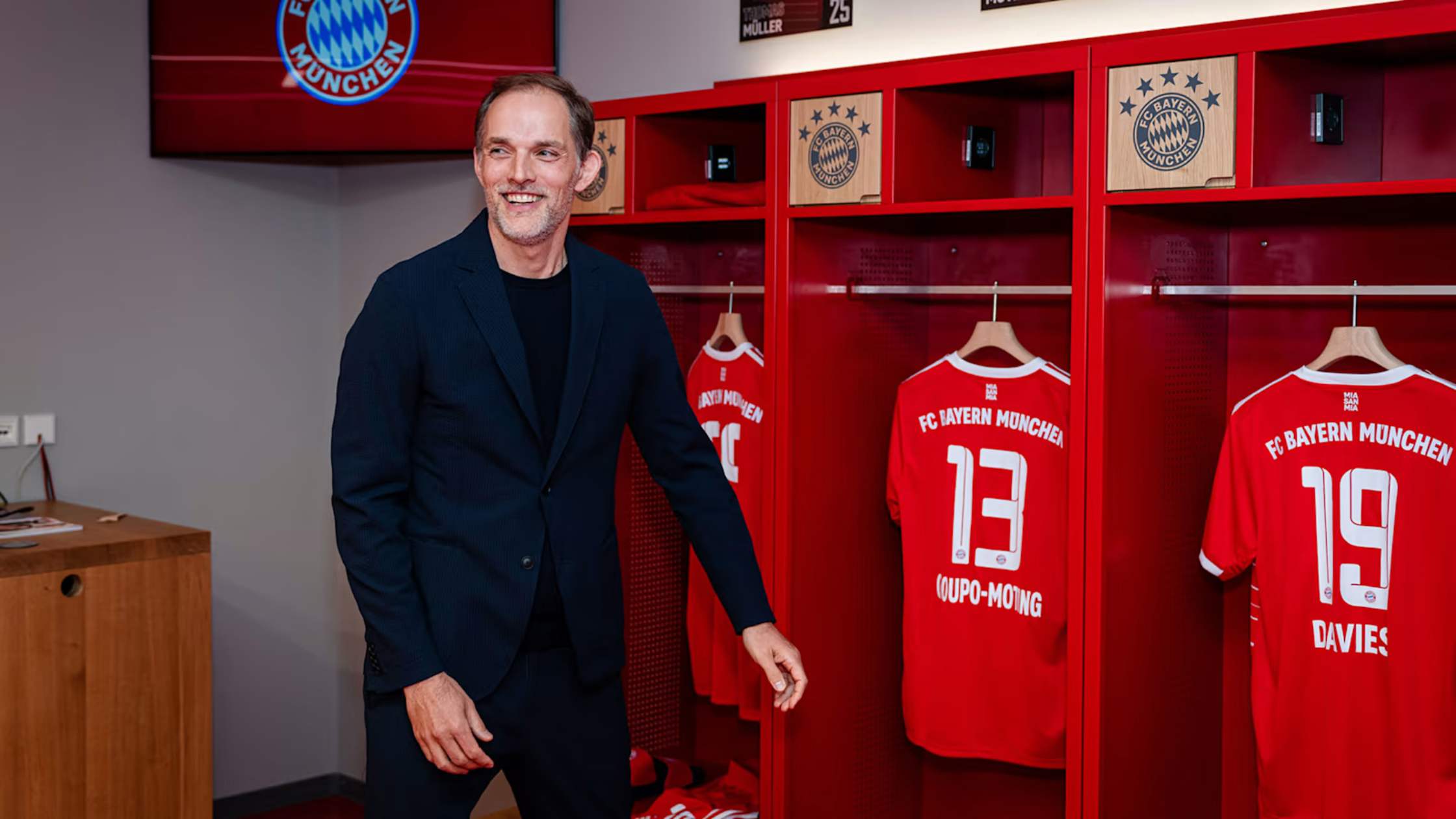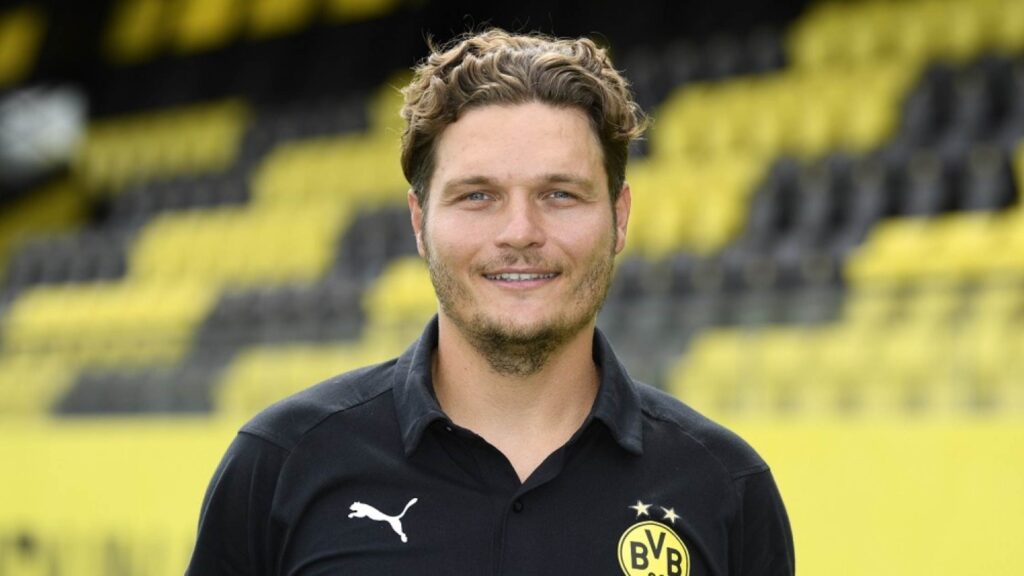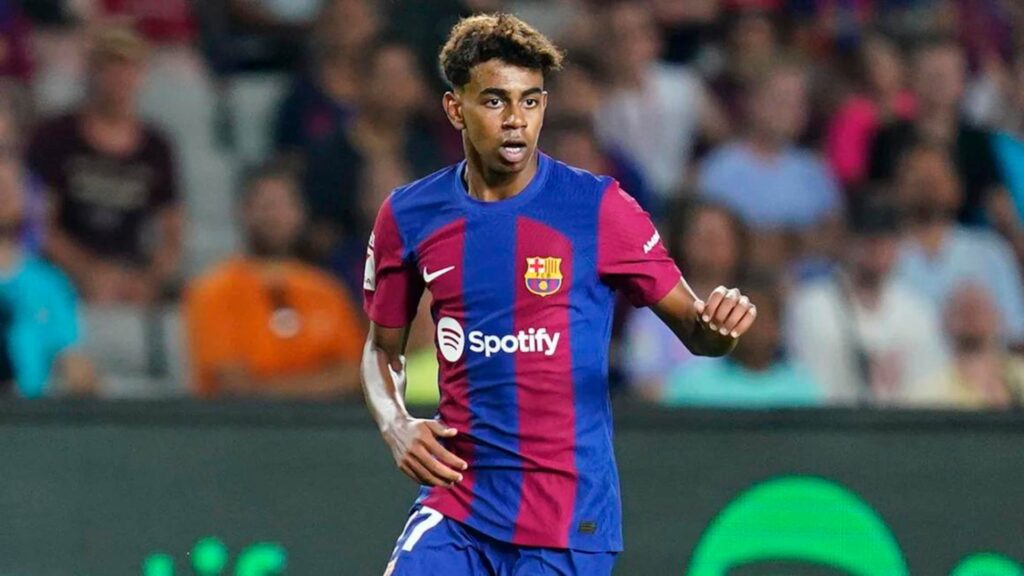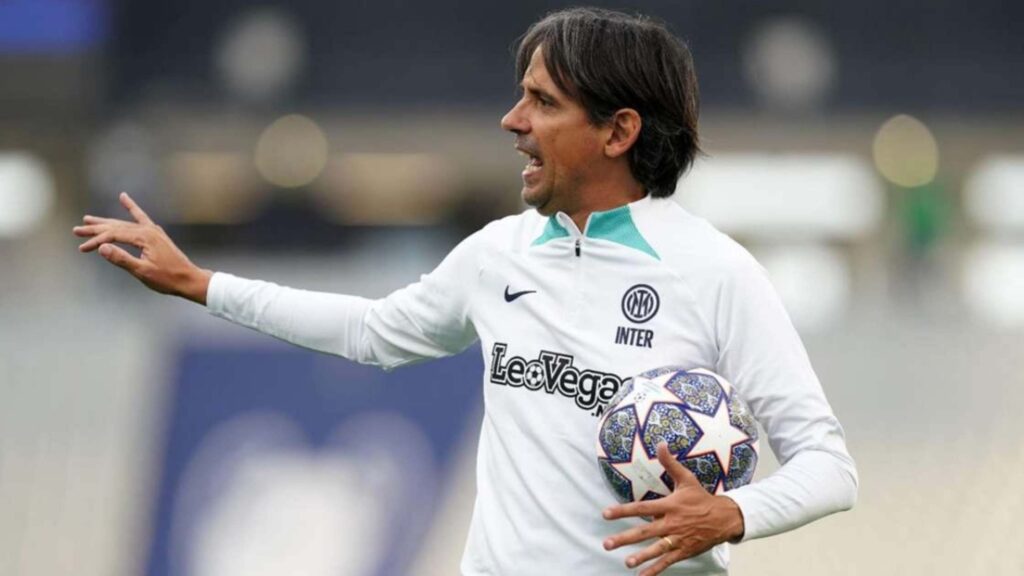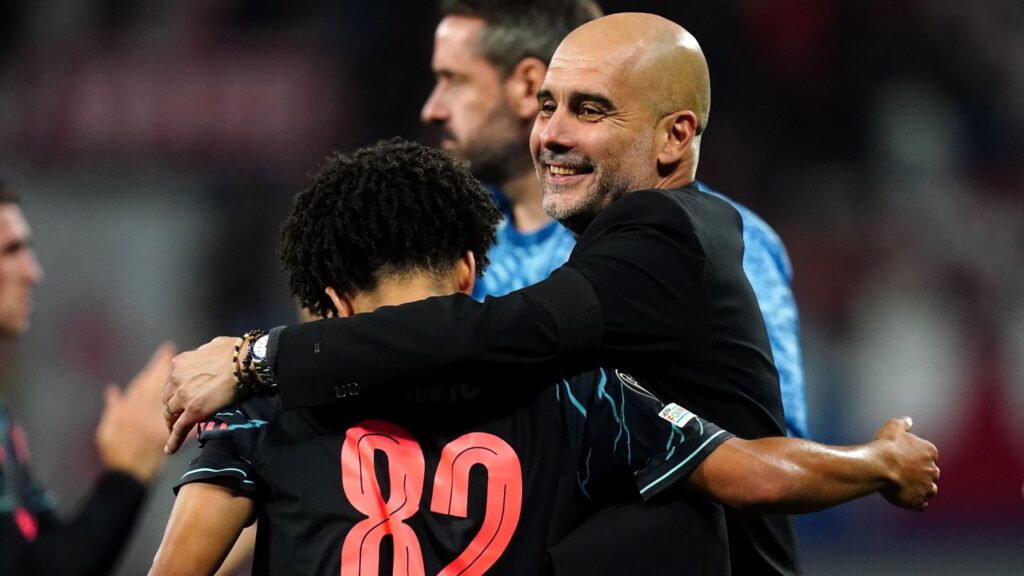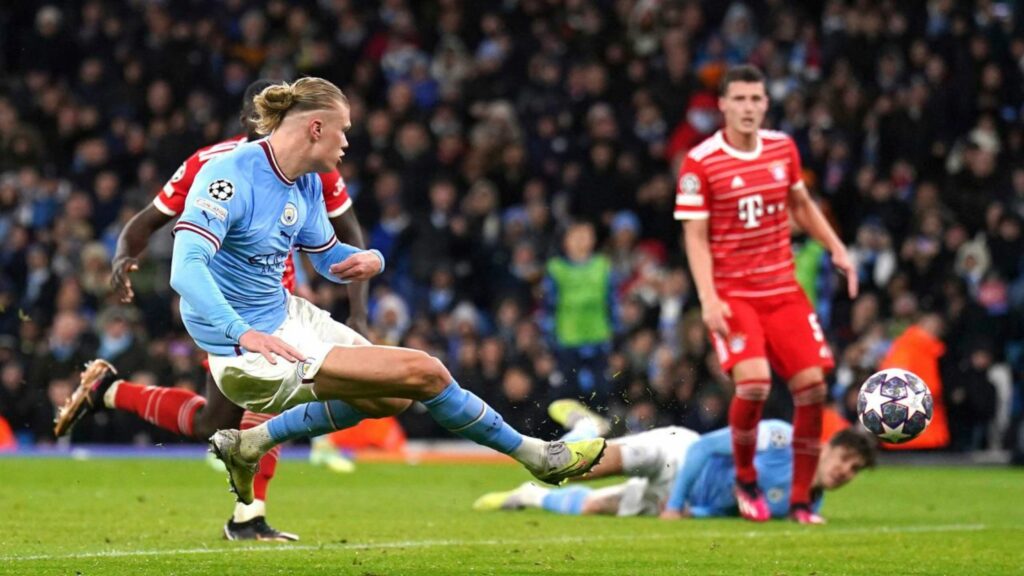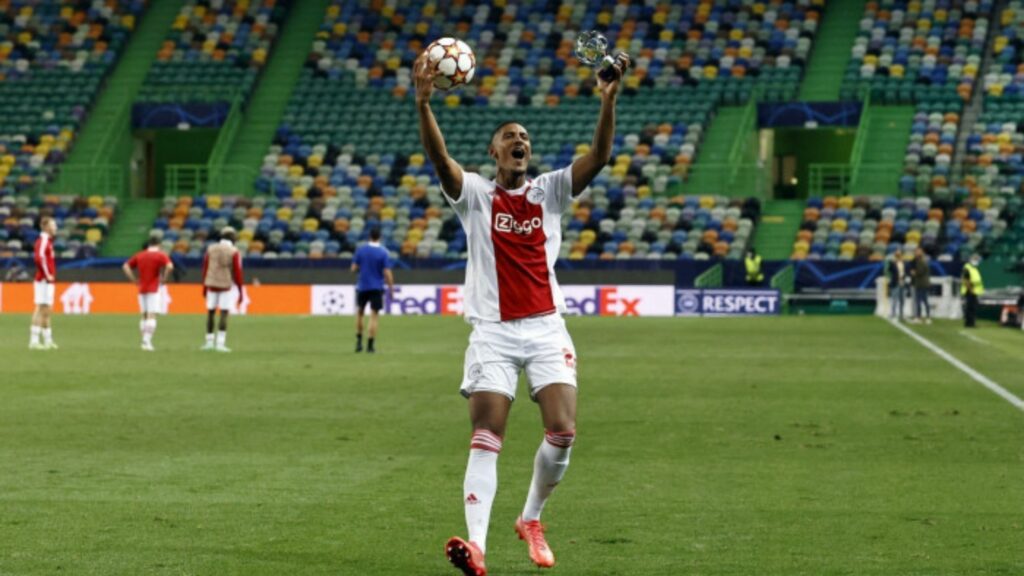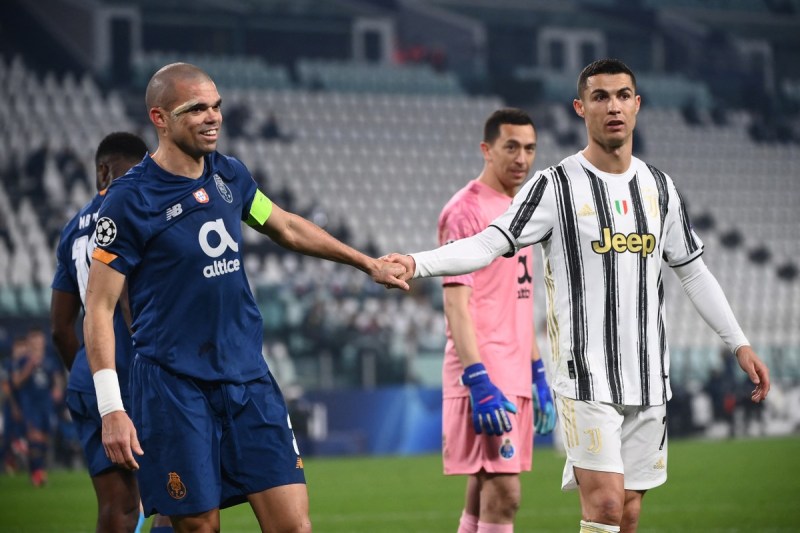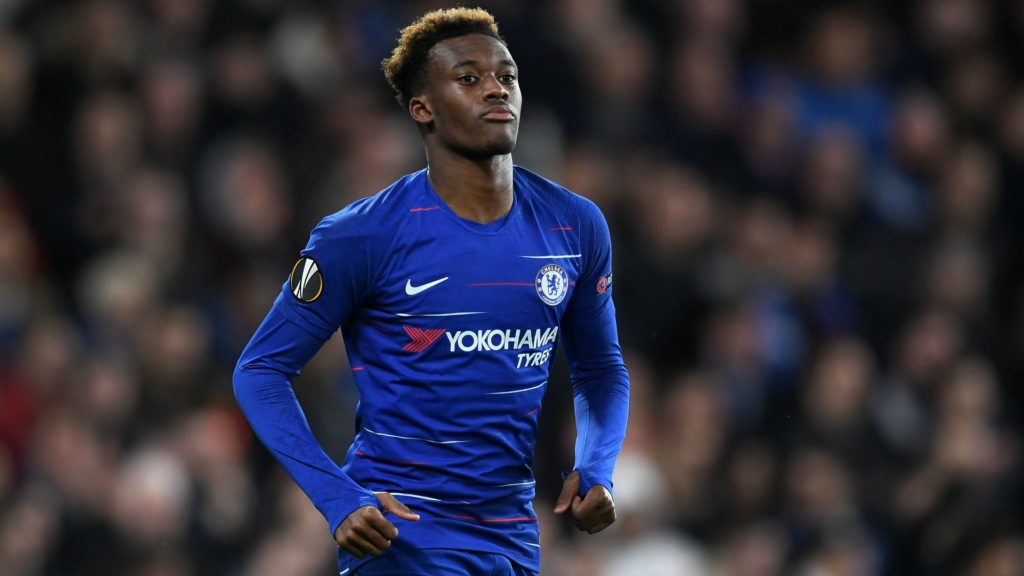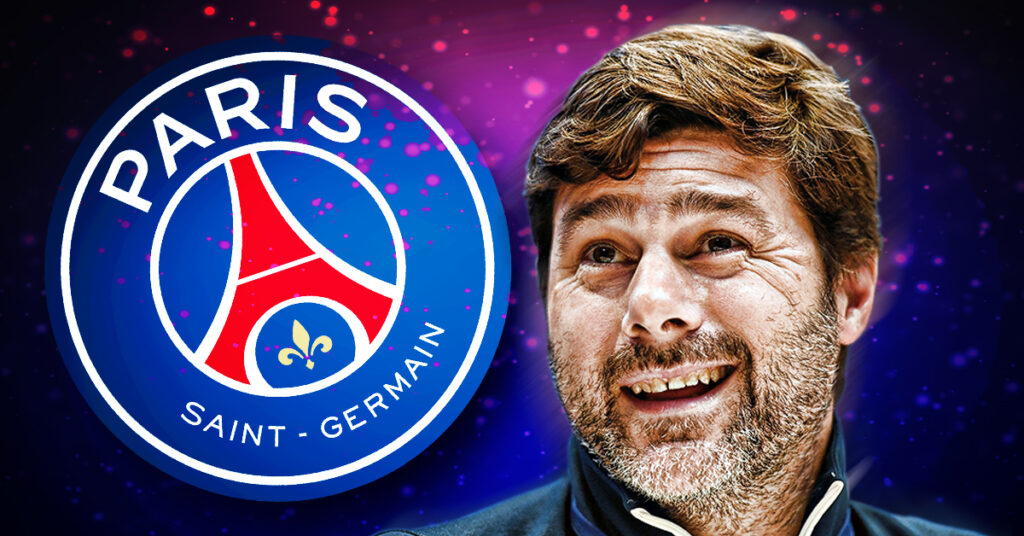Thomas Tuchel’s tactics have made him one of the most sought after manager in world football. The 50-year old has already been in charge of clubs like Borussia Dortmund, Paris Saint-Germain, or Chelsea. But, perhaps he’s been given the opportunity to manage Bayern Munchen, Germany’s biggest club by far, at the wrong time.
This is why today I am looking at Tuchel’s tactics and trying to determine just what undermined his career as manager of the famous Bavarian club.
Career Prior to Joining Bayern Munchen
Thomas Tuchel’s career before joining Bayern Munich was a testament to his evolving tactical acumen and ability to adapt to different football cultures. His journey began at Mainz, where he established himself as a forward-thinking coach, promoting an aggressive pressing style and tactical flexibility.
At Borussia Dortmund, he further honed his approach, fostering a dynamic and attacking brand of football that brought success and admiration. Tuchel’s ability to develop young talent and implement a structured yet fluid playing style marked his tenure in Germany, setting the stage for his next challenges.
Tuchel’s move to Paris Saint-Germain marked a significant step in his career, where he was tasked with managing high-profile personalities and expectations. At PSG, he showcased his tactical versatility and man-management skills, leading the club to domestic success and a notable run in the Champions League. H
is ability to balance star power with a cohesive team strategy underlined his qualifications as a top-tier coach. Despite the pressures and challenges, Tuchel’s tenure at PSG demonstrated his readiness for the top echelons of European football, preparing him for the eventual move to Bayern Munich, where his tactical philosophy and leadership would face new tests.
Football Philosophy
Thomas Tuchel’s football philosophy is marked by its adaptability, innovation, and emphasis on control. Throughout his career, from Mainz to Paris Saint-Germain and beyond, Tuchel has shown a penchant for tactical flexibility, often shaping his approach based on the strengths and weaknesses of his players rather than sticking rigidly to a single system.
His teams are known for their organized pressing, quick transitions, and possession-based approach, underpinned by a solid defensive structure. Tuchel values intelligence and versatility among his players, fostering an environment where creativity and tactical understanding are paramount.
At the heart of Tuchel’s strategy lies his commitment to detail and preparation, characteristics that have defined his approach at every club he has managed.
Whether implementing a back three to enhance defensive stability or deploying a fluid attacking lineup to exploit spaces in the opponent’s half, Tuchel’s methods are always meticulously thought out and executed. His time at PSG and subsequent ventures have further showcased his ability to manage star-studded lineups, balancing attacking flair with tactical discipline. Tuchel’s philosophy transcends conventional boundaries, making him one of the most respected and forward-thinking coaches in modern football.
Formations and adaptability
Thomas Tuchel’s tenure at Bayern Munich showcased his continued commitment to tactical flexibility and innovation. At the helm of the Bavarian giants, Tuchel employed a variety of formations, most notably experimenting with different line-ups to best utilize the squad’s depth and individual talents. He often fluctuated between a three-man backline and a more traditional four-man defense, aiming to solidify Bayern’s defensive resilience while amplifying their attacking prowess.
Despite these strategic adjustments, Tuchel’s formations were designed to maintain control over the game, emphasizing possession and a high press to disrupt opponents. His approach at Bayern reflected his signature blend of tactical adaptability and an unwavering quest for balance on the pitch.
However, despite Tuchel’s tactical acumen, his strategies at Bayern Munich faced challenges. The adaptability and changes he implemented, while theoretically sound, did not always translate into consistent on-field success. This was partly due to the difficulty in finding the perfect chemistry among a squad accustomed to different styles and the high expectations at a club like Bayern.
Additionally, injuries and the need to rotate players often disrupted Tuchel’s plans, leading to inconsistent performances. While his tactical intentions were clear and grounded in his football philosophy, the execution and player response did not always meet the high standards set by the club and its supporters, leading to a tenure that, while innovative, fell short of Bayern’s lofty ambitions.
Bayern Munchen in Defense
homas Tuchel’s defensive tactics at Bayern Munich during the 2023/24 season were a point of contention and analysis. In his attempts to shore up the defensive line, Tuchel employed a range of strategies and player combinations, reflecting his adaptability but also highlighting some inherent challenges. Notably, he experimented with the central defensive pairing of Upamecano and Lucas Hernandez, aiming to leverage their physicality and speed to counteract opposition attacks.
Tuchel’s system often involved a high defensive line, aiming to apply pressure and win the ball back quickly. However, this approach required precise coordination and timing from the defenders, something that seemed to be lacking at times, leading to vulnerability against counter-attacks and space behind the defense.
The defensive issues at Bayern under Tuchel were also exacerbated by inconsistencies in the full-back positions and the midfield’s defensive contributions. While Joshua Kimmich and Leon Goretzka were central figures in Tuchel’s tactical setup, their roles often pushed them further up the field, sometimes leaving the backline exposed.
Despite Tuchel’s efforts to implement a cohesive defensive unit through rigorous training and tactical drills, the balance between aggressive pressing and defensive solidity was not always maintained. The integration of new defensive tactics, combined with the high expectations and the intense schedule of the season, resulted in a defense that, while theoretically robust, often faltered in practice, leading to criticism of Tuchel’s methods and the overall defensive performance of the team.
Bayern Munchen in Attack
In the 2023/24 season, Thomas Tuchel’s offensive strategy at Bayern Munich was significantly marked by the integration of Harry Kane, a high-profile addition to the team’s attacking lineup. Kane’s role was central to Tuchel’s attacking tactics, as he was not only expected to be the leading goalscorer but also to contribute to the team’s overall play by dropping deeper and linking up with midfielders and wingers. This allowed Bayern to exploit Kane’s exceptional hold-up play and passing abilities, creating spaces and opportunities for other attackers such as Leroy Sané, Serge Gnabry, and Kingsley Coman. Tuchel’s system aimed to harness the English striker’s versatility, positioning him as a pivotal figure in Bayern’s forward thrusts, capitalizing on his knack for finding the back of the net and his ability to bring teammates into the game.
Despite Kane’s contributions and the undeniable talent within the squad, Bayern’s attack under Tuchel faced challenges in achieving the fluidity and ruthlessness expected of a team of their caliber. While there were flashes of brilliance and high-scoring games, inconsistencies plagued the team’s performances, leading to periods of goal droughts and frustration.
Tuchel’s tactical setup, which emphasized flexibility and movement, required time for players to fully adapt and gel. The team worked to balance Kane’s role as a traditional number nine with the dynamic movements of the surrounding attackers, aiming for a cohesive and potent offensive force. However, the adaptation process and the integration of Tuchel’s complex tactics were ongoing challenges, impacting the overall efficiency and effectiveness of Bayern’s attack during the season.
What next for Thomas Tuchel and Bayern Munchen?
Thomas Tuchel is a young manager with an incredibly impressive resume. Taking on the Bayern Munchen job seemed like a no-brainer. It must’ve seemed the same way for the Bavarians’ bosses. Things have not worked out. While this is a surprise, Bayern’s standards are notoriously high.
The news of Tuchel’s dismissal at the end of the season may help act as a catalyst. Will this be enough, however? In the Bundesliga, most likely, it will not. In the Champions League? Anything can happen, but Bayern won’t be viewed as a favorite.
Both Tuchel and Bayern will bounce back. The German manager’s stock may have decreased slightly. But with so many high-profile jobs becoming available this summer, his name will surely be included in the conversation for, at least, a few of those.
